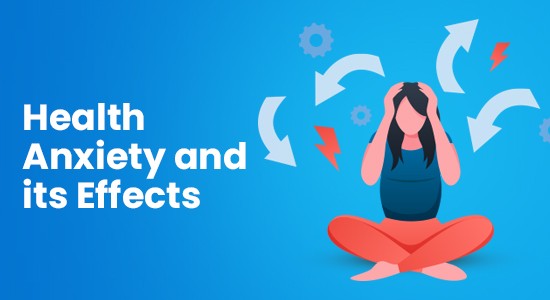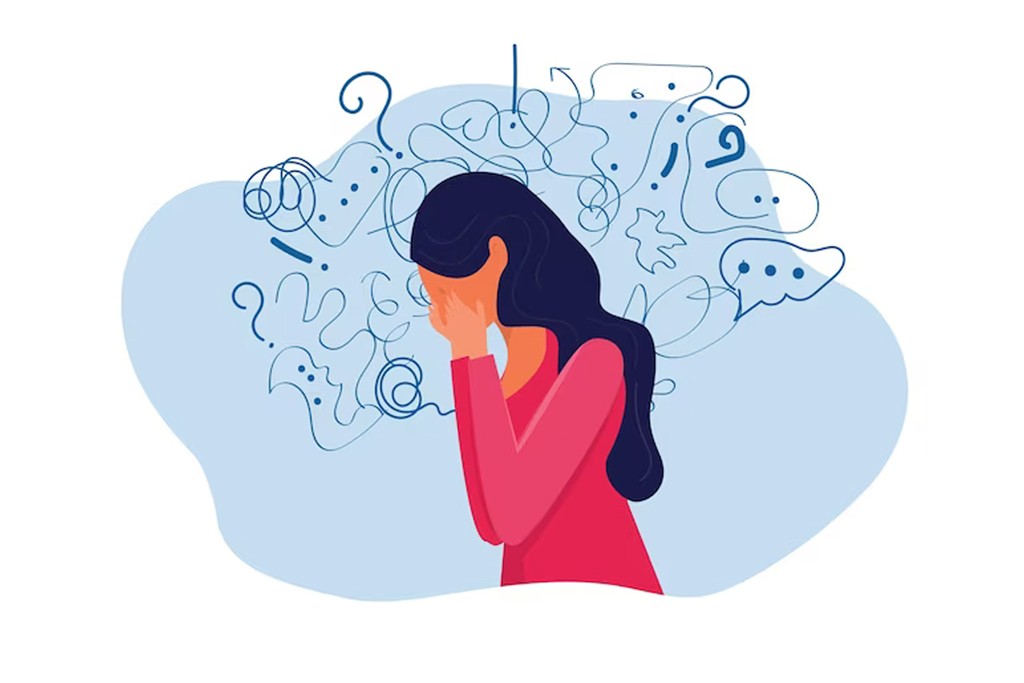Health Anxiety and its Effects
Health Anxiety and its Effects
The effects of health anxiety can be quite significant and may include:
- Psychological Distress: Individuals with health anxiety experience heightened levels of stress, anxiety, and fear. Their constant worry about their health can lead to persistent feelings of dread and panic.
- Impaired Quality of Life: Health anxiety can interfere with daily functioning and reduce one’s overall quality of life. People may avoid certain activities or situations due to fears of health risks, limiting their social and recreational experiences.
- Physical Symptoms: The anxiety associated with health concerns can lead to the development of physical symptoms, such as headaches, muscle tension, digestive problems, and fatigue.

- Excessive Medical Testing: Individuals with health anxiety often undergo unnecessary medical tests and procedures, which can be physically and financially burdensome.
- Medical Overutilization: Frequent doctor visits and seeking multiple medical opinions are common among those with health anxiety, which can strain healthcare resources and create frustration for healthcare professionals.
- Interference with Relationships: The preoccupation with health concerns can strain relationships with family, friends, and colleagues, as others may struggle to understand or provide continuous reassurance.
- Impact on Mental Health: Health anxiety may lead to or exacerbate other mental health conditions, such as generalized anxiety disorder, depression, and obsessive-compulsive disorder.

- Negative Thought Patterns: People with health anxiety often engage in catastrophic thinking, where they focus on the worst possible outcomes and have difficulty rationalizing or dismissing these thoughts.
- Online Research: The internet can exacerbate health anxiety, as individuals may constantly search for information about their symptoms and come across alarming or inaccurate information.
- Difficulty Accepting Reassurance: Individuals with health anxiety may find it challenging to accept reassurance from healthcare professionals, friends, or family members, as they often doubt the validity of the information.
It’s important to note that health anxiety is a treatable condition. Cognitive-behavioral therapy (CBT), particularly a specialized form known as cognitive-behavioral therapy for health anxiety (CBT-HA), is often effective in helping individuals manage their anxiety and irrational thoughts related to health. Medications may also be prescribed in some cases, especially when health anxiety is severe and significantly affecting a person’s daily life. If you or someone you know is struggling with health anxiety, seeking help from a mental health professional is recommended.


